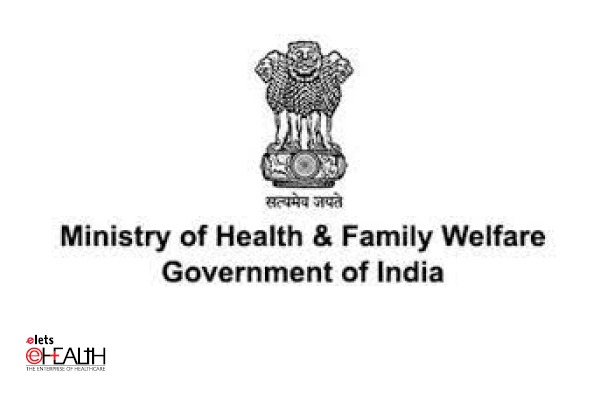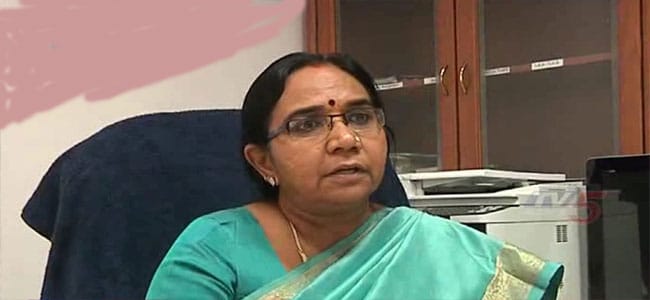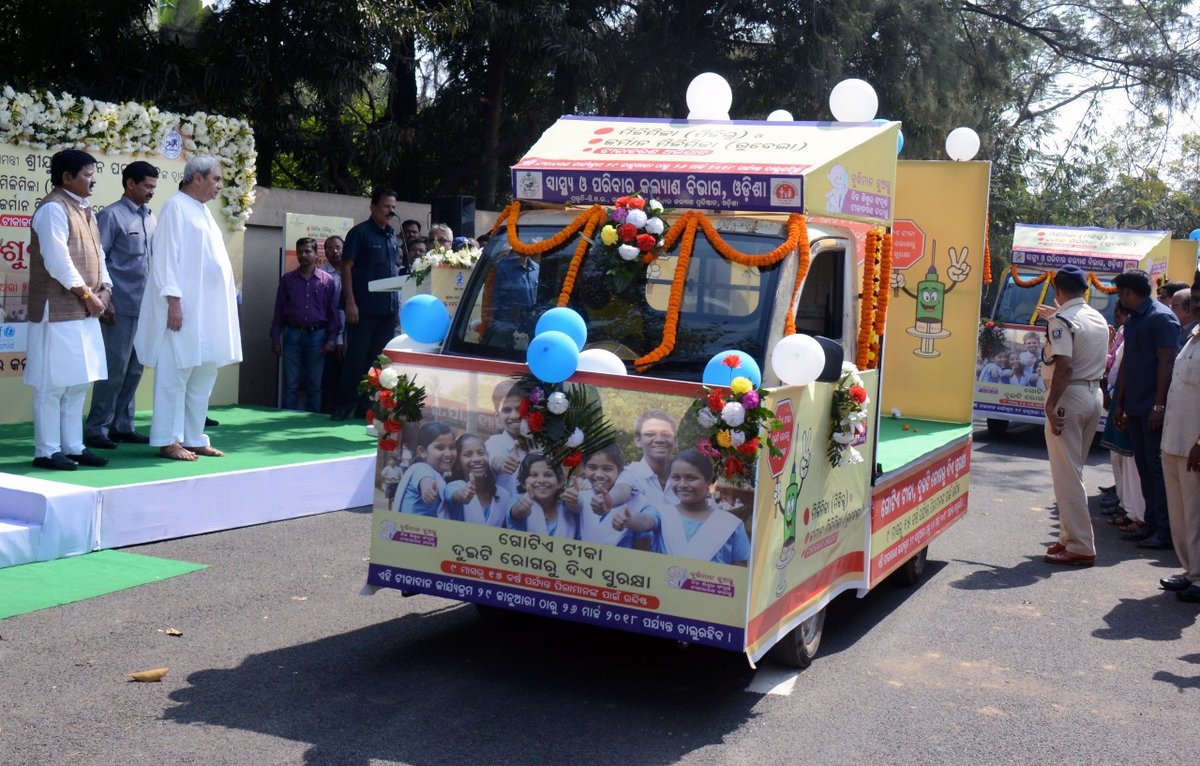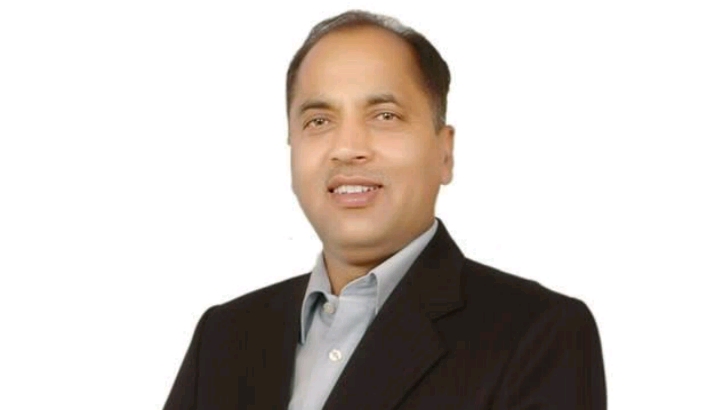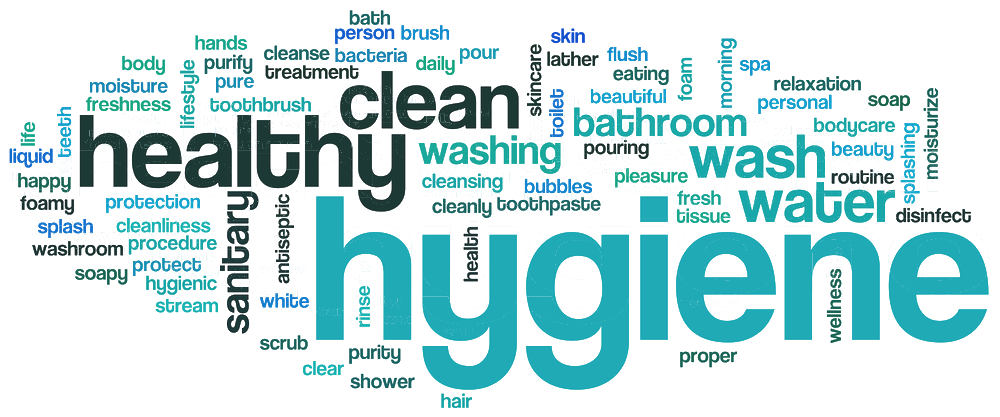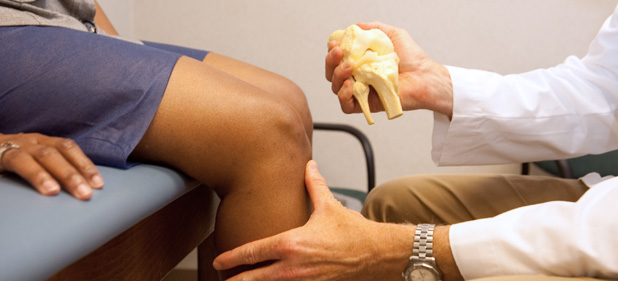Bringing in a Health Insurance Scheme for the unorganized sector workers who constitute 93 percent of the country’s 400 million workforce, who, because of very low affordability take recourse to inadequate and incompetent medical treatment, will go a long way in providing quality healthcare to poor workers. Healthcare is crucial for having a healthy workforce. It would not only improve worker’s productivity and economic well being, but coupled with other two social security schemes viz. Aam Admi Bima Yojna and Old Age Pension Scheme ( to be launched soon) would go a long way in generating a sense of inclusiveness among the poor in the growth process of the economy. Given the vast number of workers to be covered, the new Health Insurance Scheme (HIS) would be implemented in a phased manner. Initially workers living Below the Poverty Line (BPL) are to be covered in next five years. Launching the Scheme, the Finance Minister Shri P. Chidambaram said that in the first year of its operation in 2008-09, over Rs.750 crore would be allocated by the Centre. Each year 120 districts across the country would be selected by the State Governments on the basis of availability of hospitals/ health facilities as well as presence of potential intermediaries in such districts to ensure effective grassroots support to beneficiaries in various aspects of operation of the Scheme. The notable feature of the HIS is that the beneficiary can avail healthcare facility at any of the notified hospitals without any cash transaction up to Rs.30,000/- per annum for the family comprising five members on floater basis. That too at no cost to the poor beneficiary as the estimated annual premium of Rs 750/- to be paid to the health insurance provider would be shared by the Central and State Governments in 75:25 ratio. Each beneficiary would be issued a smart card for this purpose costing Rs 60/-. This cost would be exclusively borne by the Central Government. The card would be valid for availing the service even if the worker migrates from one state to another. The beneficiary would, however, have to pay Rs. 30/- per annum as registration/ renewal fee. The purpose is to inculcate a sense of participation in the scheme so that the beneficiary demands the service as a matter of right. The other notable feature of the Scheme is that all pre-existing diseases would be covered. Both public sector (including Employees State Insurance hospitals/dispensaries) and private health establishments providing hospitalization and/ or day care services would be eligible for inclusion in the Health Insurance Scheme. Strong monitoring systems both at the State and Central levels are envisaged with the inclusion of representatives of health providers and civil society including NGOs and Self Help groups. According to the Union Labour Minister Shri Oscar Fernandes, the National Capital Territory of Delhi is the first State to operate the Scheme to be followed by Maharashtra as eighteen State Governments have so far indicated their intent to operate HIS. The remaining States are expected to follow suit. Majority of workers in the unorganized sector live in rural areas. They would continue to draw upon rural health infrastructure for most of their healthcare needs, as it would be available to them almost at their doorstep. For this reason, the HIS besides hospitals would have to be linked to rural health infrastructure as healthcare provider. The success of the HIS among the poor and vulnerable sections of population especially in remote and far-flung areas and tribal belts will also depend upon generation of awareness about its accessibility and effective service delivery. For this purpose besides NGOs and SHGs, the services of the strong cadre of over three lakh trained female community health workers known as Accredited Social Health Activists (ASHA) created under the HRHM can be drawn upon. The services of Anganwadi workers could also be utilized both in urban and rural areas for this purpose.

Be a part of Elets Collaborative Initiatives. Join Us for Upcoming Events and explore business opportunities. Like us on Facebook , connect with us on LinkedIn and follow us on Twitter , Instagram.


